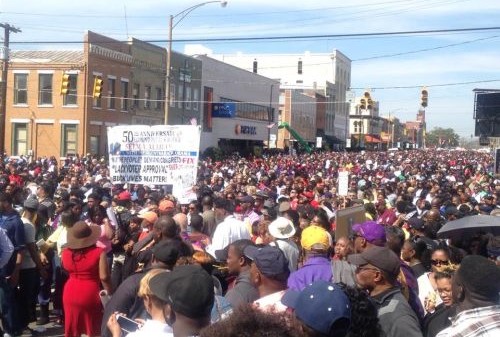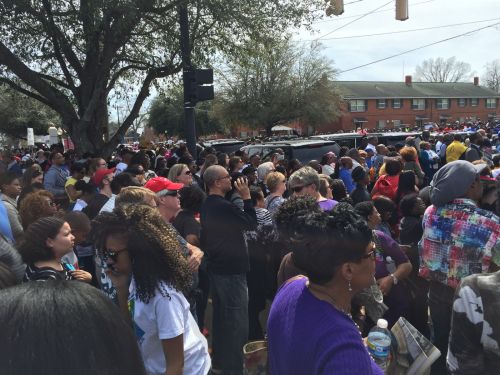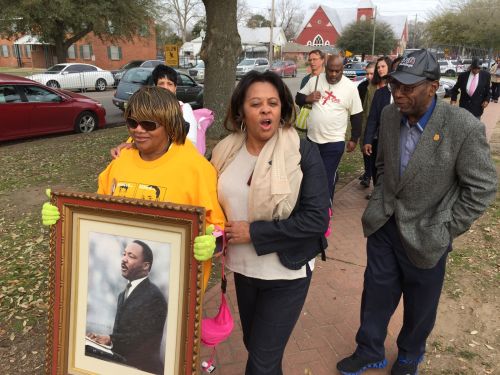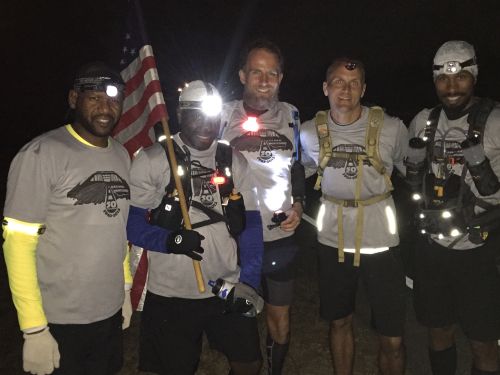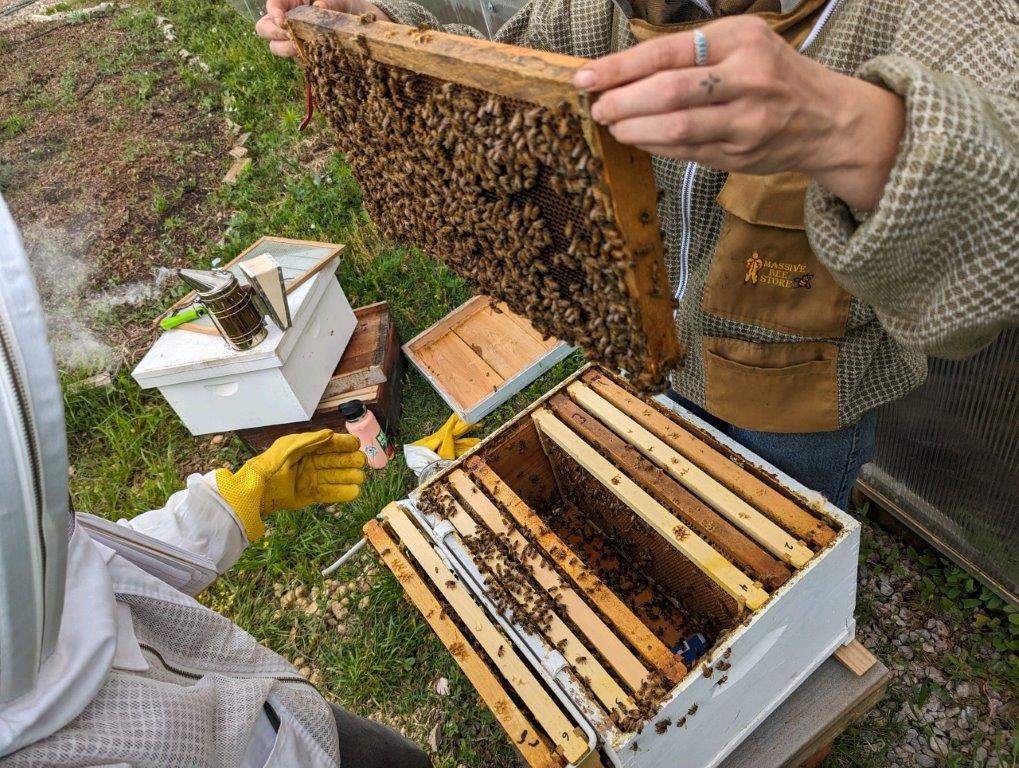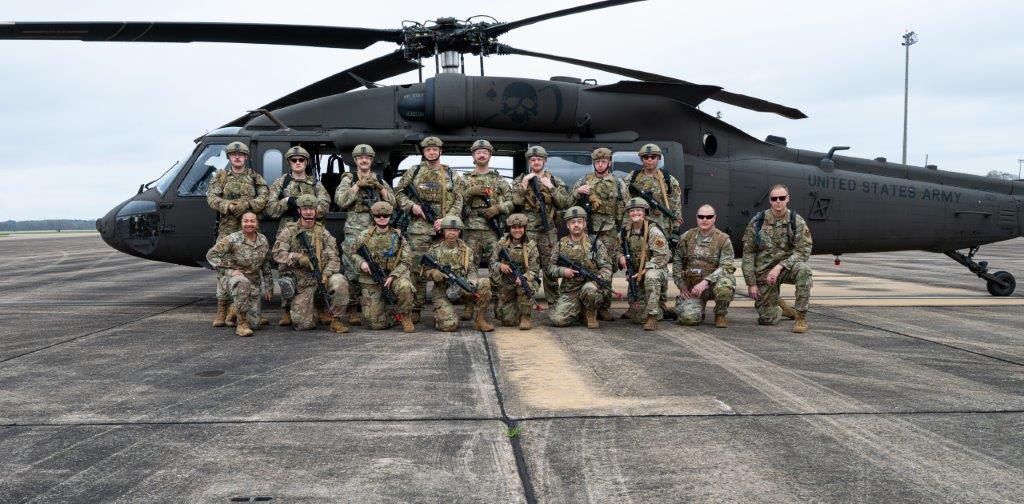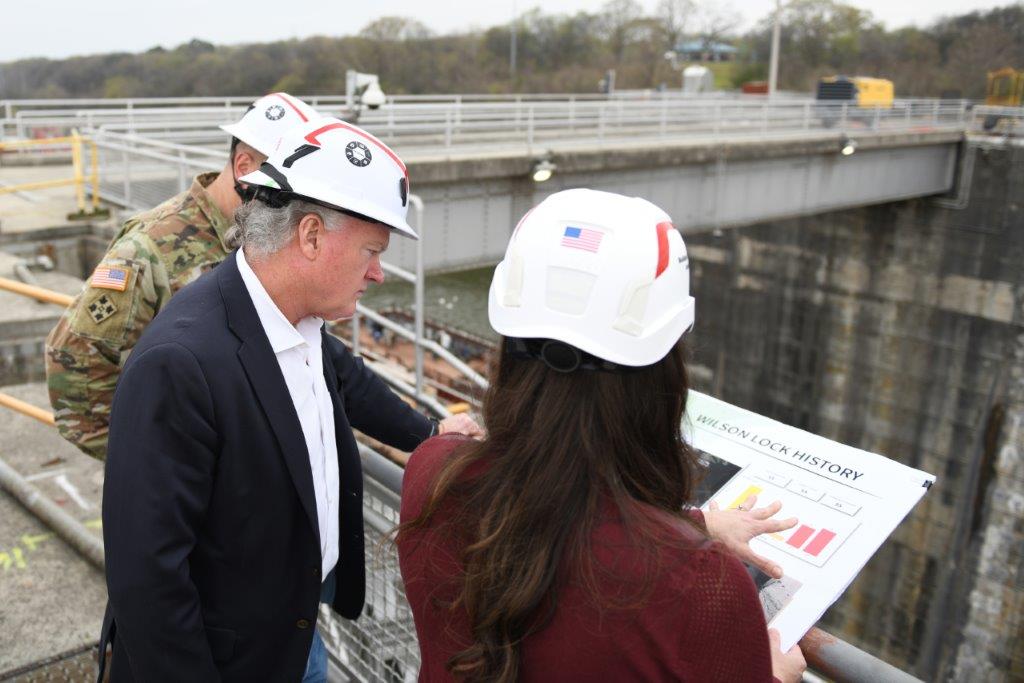Selma welcomes America
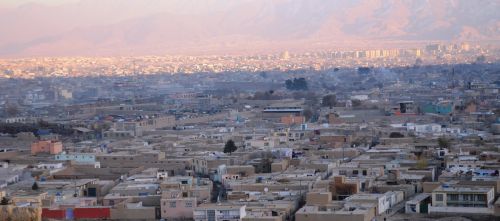
Fifty years after the city changed American history, thousands of people from all over the country came to Selma this past weekend to mark the anniversary of Bloody Sunday.
They arrived by plane and bus and car to walk across the Edmund Pettus Bridge, where hundreds of non-violent demonstrators were tear-gassed and clubbed by state troopers just after crossing over the Alabama River on March 7, 1965.
Be sure to listen to the story behind this story, at the bottom of this page.
Televised images of the attack shocked and outraged the nation. Two weeks later, the determined marchers, led by the Rev. Martin Luther King Jr., walked 54 miles from Selma to Montgomery seeking the right to vote. Their actions inspired Congress to pass the Voting Rights Act of 1965.
“They set up a great foundation for us, so that we have something to strive for and can pass onto the ones that are younger,” said Roy Presswood, 61, who came to Selma from Birmingham.
On Saturday, a parade of national dignitaries paid their respects, led by President Barack Obama, who spoke movingly at the foot of the bridge.
“What enormous faith these men and women had—faith in God, but also faith in America,” President Obama told those gathered in Selma.
That faith was on display Sunday at a rousing service at Brown Chapel A.M.E. Church, 10 blocks from the bridge. Thousands listened outside on closed-circuit TV as dozens of speakers, including U.S. Attorney General Eric Holder and Martin Luther King III testified to the courage of the marchers and the need to “keep moving.”
“I thought the services were inspiring and challenging,” said one attendee from Birmingham. “The challenge of remembering what was done, and then the challenge in the sense that there is still work to be done.”
The crowd’s diversity underscored the message of inclusiveness. Dozens of Unitarian churchgoers, clad in bright yellow T-shirts, arrived from Bethesda, Md. Union machinists in white T-shirts sang songs and carried flags. One woman held a large framed portrait of King while she walked.
Many stressed the need to inform young people about the human rights struggle.
“This gives us a chance to unite and let the younger people understand what we really went through as a people back in the ‘60s for our freedom and voting rights,” said Claude Jones, who drove a busload of parishioners from Mobile’s Ebenezer Baptist Church.
“I want her to know what we’ve been through and where we’re headed,” said Jawanda Collins of Madison, Fla., who arrived with her granddaughter, son and cousin. “Never forget your background and where you come from, and be the best that you can be.”
That point was made most poignantly by those who lived through the 1960s.
“It means a whole lot, this being the 50th anniversary,” said George E. Johnson, 77, from Tuscumbia.
Johnson, who has crossed the bridge several times, said he hopes young people will “come and see what folks went through” so they “won’t forget that history.”
Some young people did just that in a unique way. Not satisfied with walking, a group of eight runners, including two teachers and a Marine, joined up to run the 54 miles from Selma to Montgomery. At around 9 p.m. Saturday, they were about 10 miles from their destination.
“We’ve had a really good experience talking to people along the journey,” said Harvey Lewis, 38, of Cincinnati. “We got a lot of cheers and honks. It was really nice to see.”
“For me, this changed America,” he added. “I grew up in a post-civil rights movement era. So I have friends of different backgrounds and races. We have a mixed group here.”
His friend, Kimani Long of Philadelphia, carried an American flag as he ran.
Alabama Power’s John Herr spoke with Ike Pigott about capturing these runners on his trip to Selma.
“Doing this is an opportunity for us to give back for the things that some of our parents and the people that we grew up admiring did,” Long said. “They did it for us to actually live the way we live and continue to move on and move forward.”
And with that, following a quick photo op, the runners moved forward into the chilly night toward Montgomery.
–John Herr
